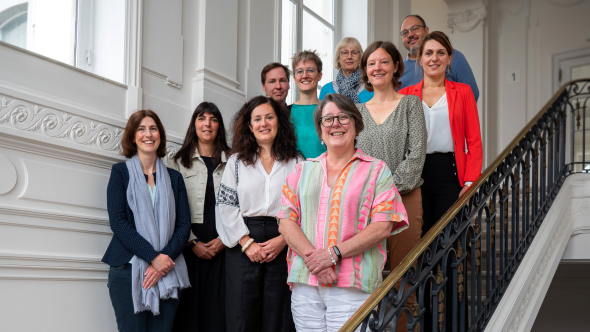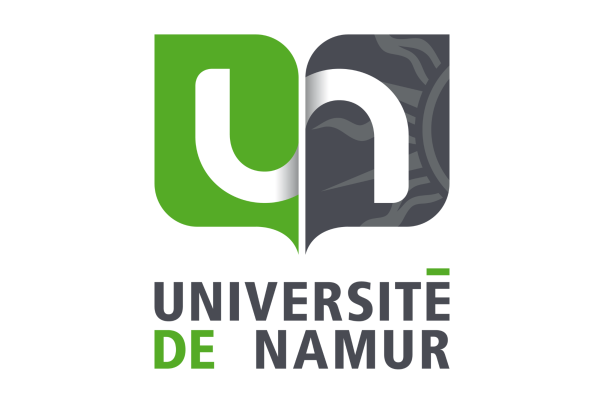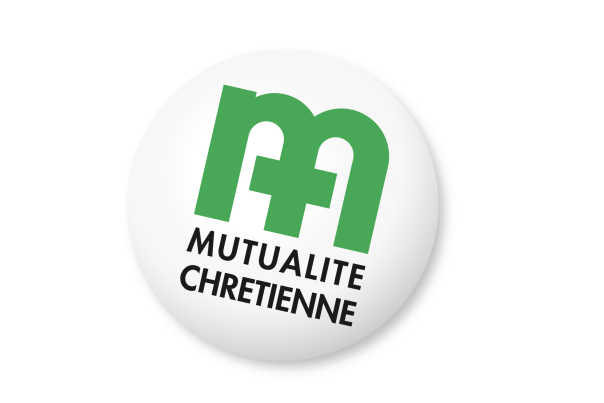UNamur and Mutualité chrétienne form partnership to better understand shortage of general practitioners in rural areas
The University of Namur (UNamur) and Christian Mutuality (MC) announce a groundbreaking collaboration aimed at better understanding and combating the shortage of general practitioners in rural areas. This partnership is part of the Observatoire Universitaire en Médecine Rurale (OUMRu), launched in 2023 by UNamur.



